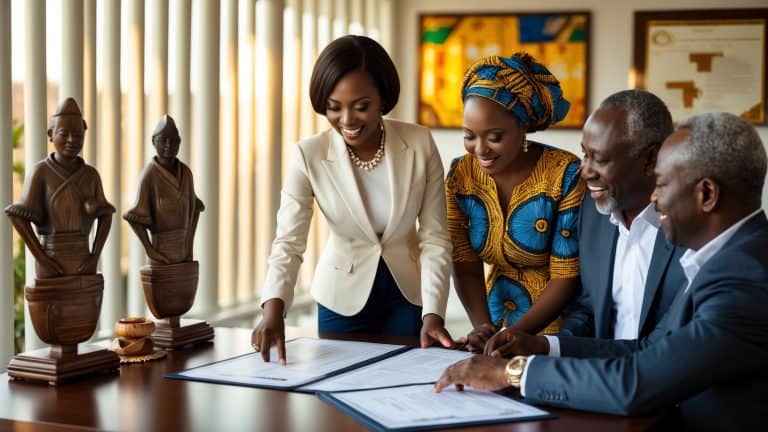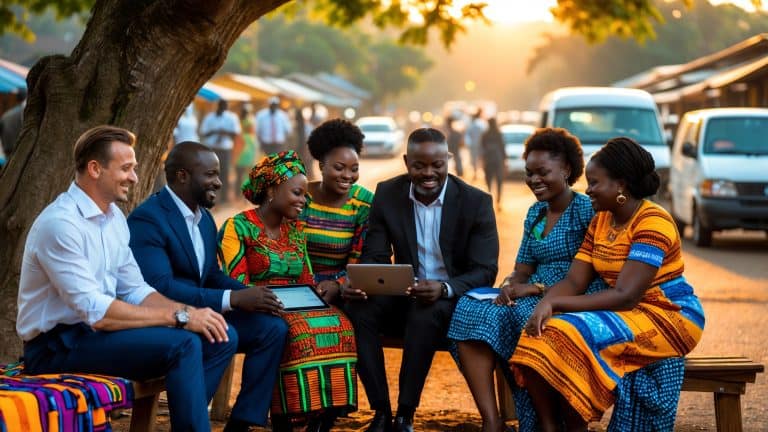This is a premium article written by one of our experts.
Check out

Missed Income Opportunities for Expats in Ghana
This is a premium article written by one of our experts. Upgrade to Navigator or Pathfinder read the full article

How to Verify Property Documents in Ghana: Avoiding Real Estate Scams
The allure of Ghana’s blossoming real estate market has attracted buyers from diverse backgrounds, including members of the African diaspora looking to reconnect with their heritage. However, along with opportunities comes a significant risk: fraudulent property documents. Forged land titles, duplicate ownership claims, and fake indentures are just a few pitfalls that could jeopardize your investment, potentially resulting in financial loss or expensive legal battles.

Overcoming Expat Isolation: Building Resilience and Connection in Ghana
Transitioning to a new cultural environment as an expat in Ghana may come with challenges like isolation and community tensions, but these obstacles also create opportunities for growth, connection, and personal transformation. Key Takeaways Below…

Ghana Visa on Arrival: Essential Facts & Common Pitfalls to Avoid
This is a premium article written by one of our experts. Upgrade to Navigator or Pathfinder read the full article

Why Visa on Arrival in Ghana is Risky: Essential Travel Tips for Americans
Key Takeaways Traveling to Ghana necessitates meticulous visa planning, especially for American travelers considering the Visa on Arrival (VOA) as a fallback. The VOA process is designed for extraordinary circumstances—not as a convenient last-minute alternative….

Inclusive Leadership in Ghana: Bridging Cultures for Expat Integration and Community Collaboration
Inclusive leadership in Ghana is far more than a management theory. It is a proactive practice steeped in trust, collaboration, and shared growth. The following sections detail actionable strategies and real-world examples. Expatriate leaders can…